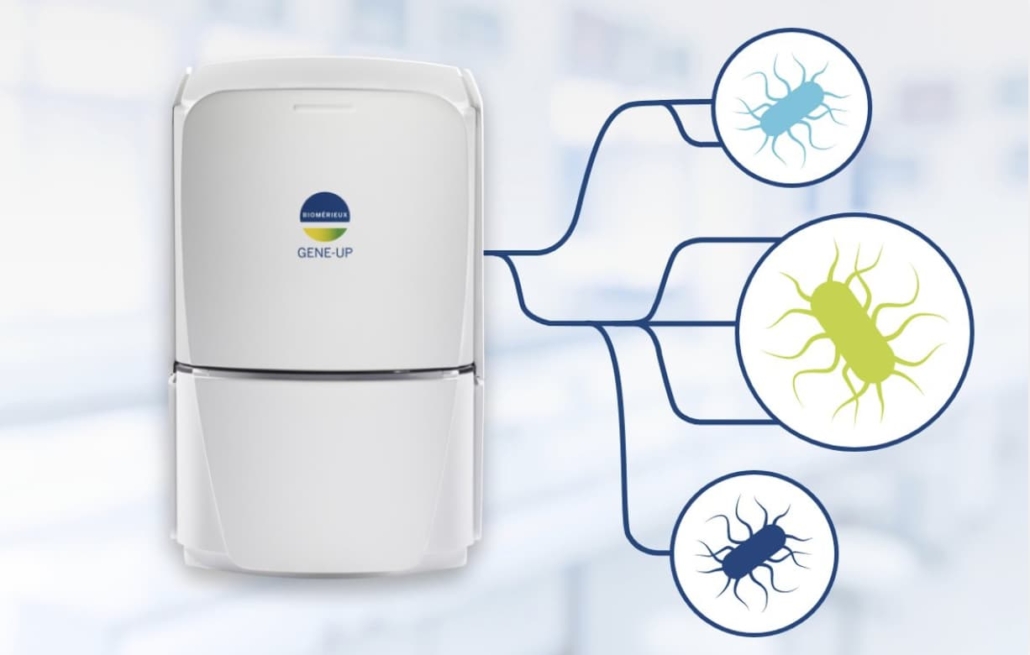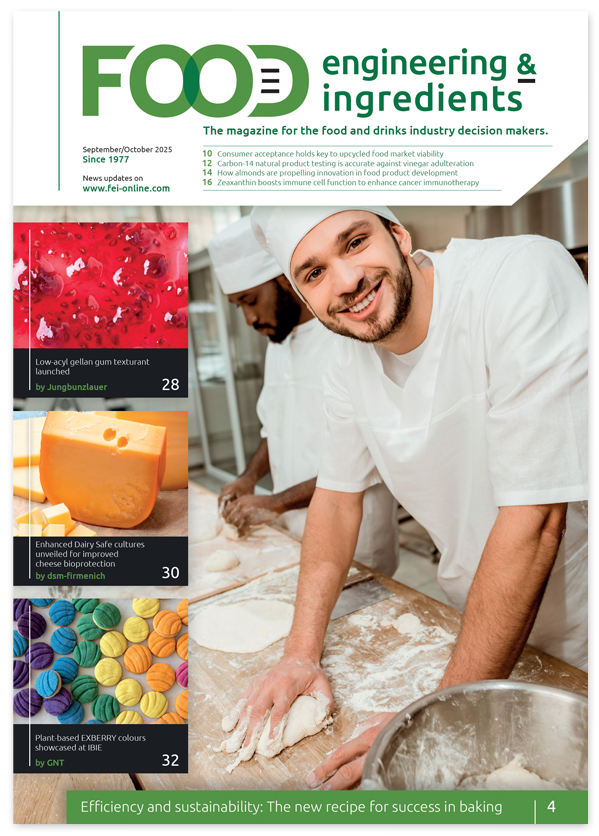bioMérieux launches GENE-UP® TYPER for rapid Listeria root cause analysis
bioMérieux has launched GENE-UP® TYPER, an automated real-time PCR solution designed to accelerate root cause analysis of Listeria monocytogenes contamination in food processing facilities. The system combines genomic analysis with machine learning to help manufacturers identify contamination sources and implement preventive measures.
French diagnostics company bioMérieux has introduced GENE-UP® TYPER, a molecular diagnostic platform specifically engineered to address the persistent challenge of Listeria monocytogenes contamination in food manufacturing environments. The solution represents a significant advancement in pathogen strain characterisation technology for the food industry.
The World Health Organization estimates that 600 million people fall ill annually from contaminated food, creating substantial health risks alongside costly product recalls and reputational damage for food manufacturers. Despite rigorous monitoring protocols, contamination incidents continue to occur, highlighting the critical need for rapid root cause identification systems.
Real-time PCR technology for strain identification
GENE-UP® TYPER operates as a real-time PCR solution integrated with bioMérieux’s existing GENE-UP® system infrastructure. The platform performs rapid strain characterisation of microorganisms, with its initial version, GENE-UP® TYPER LMO, specifically targeting Listeria monocytogenes.
The analytical process begins following pathogen detection during routine testing. After strain isolation, DNA extraction and amplification occur using the GENE-UP® TYPER specific assay. Results generated by the GENE-UP® instrument are subsequently transferred to the AUGMENTED-DX web application for analysis.
Machine learning-powered genomic analysis
The AUGMENTED-DX web application utilises machine learning algorithms combined with a comprehensive genomic database to assign unique addresses to identified strains. The system groups identical strains into clusters, enabling manufacturers to trace contamination sources and establish strain histories within their facilities.
“With more than 30 years of expertise in Industrial Applications, bioMérieux continues to heavily invest in disruptive science and technology to help the food processing industry keep pace with their rapidly changing environment,” explains Yasha Mitrotti, Executive Vice President, Industrial Applications, bioMérieux.
Partnership with Mérieux NutriSciences
The development of GENE-UP® TYPER involved collaboration with Mérieux NutriSciences, a subsidiary of Institut Mérieux and global leader in food safety, quality and sustainability. This partnership contributed valuable expertise during the system’s development phase.
Mérieux NutriSciences retains co-exclusive rights to perform testing in key geographical regions for outsourced testing services, ensuring accessibility for food and beverage processors regardless of whether they operate internal laboratories or outsource pathogen testing.
Automated solution for contamination control
The automated nature of GENE-UP® TYPER addresses the industry’s requirement for rapid decision-making in contamination scenarios. By providing faster insights into strain identity, the system enables manufacturers to implement corrective actions more efficiently, potentially reducing the likelihood of future contamination events.
Mitrotti adds: “With GENE-UP® TYPER, we bring to the market an innovative solution capable of rapidly identifying root causes through genomics and data utilisation, participating in the collective effort to make the world a healthier place and fight against food insecurity.”
Global availability
GENE-UP® TYPER LMO is now available worldwide for food manufacturers, marking bioMérieux’s continued expansion in the industrial diagnostics sector. The company, which achieved revenues of €3.7 billion in 2023 with over 90% of sales generated outside France, maintains a presence in 45 countries whilst serving more than 160 countries through distributor networks.
- For more information, visit: https://www.biomerieux.com/corp/en/our-offer/industry-products/gene-up-typer.html




